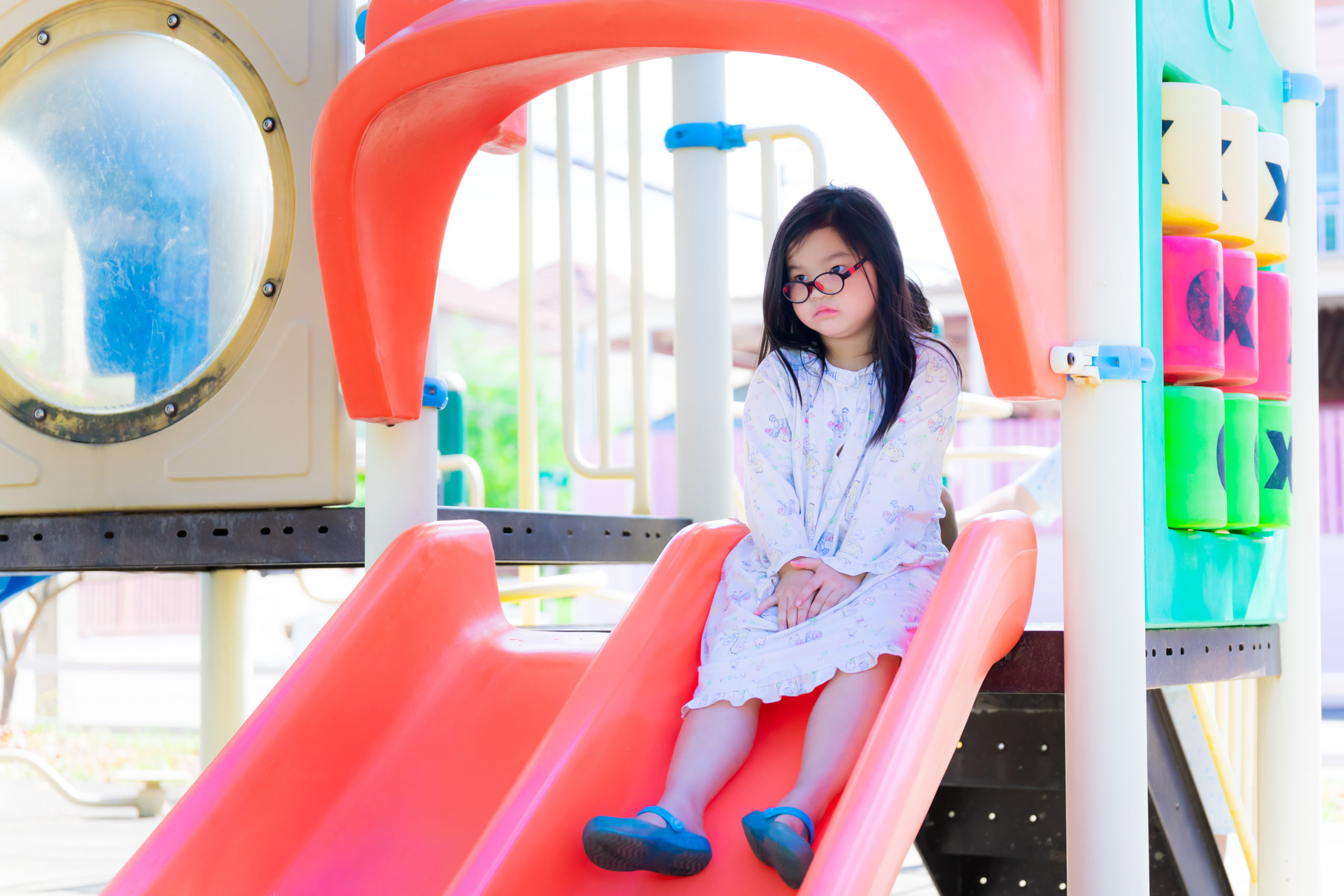In other cultures, the idea of parents getting on the floor to play with their kids is as strange as the idea of parents getting on the floor to slurp their water from a bowl.
It simply isn’t done.
Anthropologist David Lancy has studied childhood the world over, and in most of the places — other than the Utah city where he lives — kids ran around in a mixed-age group, playing, helping out, watching adults and copying their skills. But they did not expect adults to play with them.
When I was raising my kids, however, I thought that if I wasn’t psyched for another game of…whatever, I was a sad and lazy parent.
So it is with joy and relief that I give you my Q&A with David Lancy, author of The Anthropology of Childhood, which you’ll find over at Let Grow. Read about why we think we must play with our kids, and what happens when we don’t. Nothing terrible! Nothing terrible happens when we DO play with them, either. But there are some great things that can only happen when kids toddle off to play with each other.
And I know that is harder to come by in a culture where we live busy lives, far apart, with fewer kids and cousins. That’s why I suggest schools start Let Grow Play Clubs, where kids — already at the school — can play in mixed-age, device-free, unstructured freedom for a few hours at a time. Get one started at your school and everyone gets a chance to do something they love!




2 Comments
There’s good social logic to this:
When kids play with each other, they imitate adults. (It may not look like it, but that’s what they’re doing.) This helps them grow up. That is why it’s normal for adults to NOT play with kids.
When adults play with kids, kids have no one to imitate, because the adult is BEING a kid. This does nothing toward helping the kid grow up, and may confuse the kid about the meaning of being adult.
Occurs to me that when adults DO “play with kids” it helps for the activity to be competitive, so the kid still feels a goal. Frex, everyone wants to win at Monopoly, so the kid still has adult behavior to aspire to.
Side thought: when adults play with kids (that is, when adults behave like kids with kids), the adults lose their own perspective of being someone for the kids to emulate. This damages the adults as much as it does the kids, and makes it hard for the adult to go back to being the role model. Also, the kid may lose the boundary of “acceptable behavior with adults” because after all, the adult is being a kid.